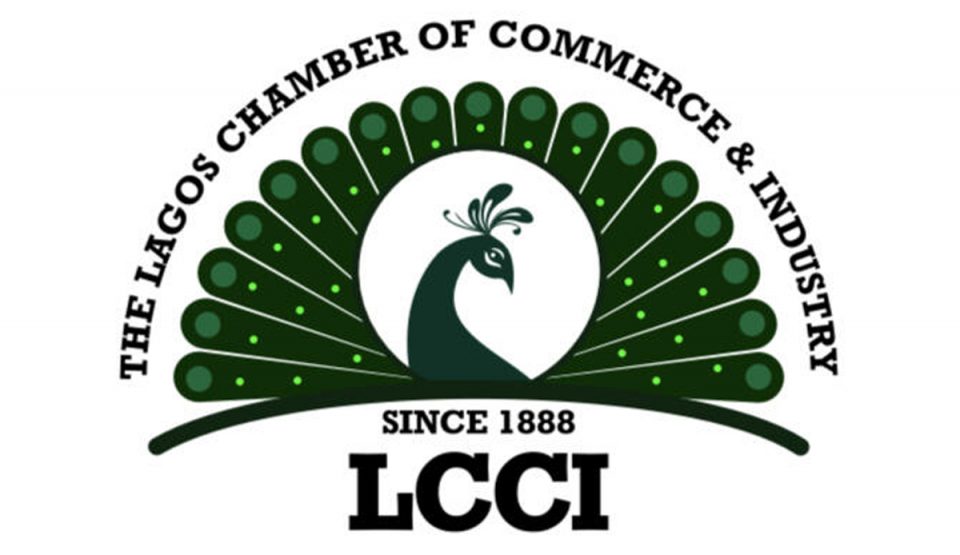Investment-led growth strategy, key to sustainable growth recovery – LCCI
By Charles Okonji
The Lagos Chamber of Commerce and Industry (LCCI) has advised the Federal Government that investment-led growth strategy is key to sustaining growth recovery over the medium term.
The LCCI, President, Mrs Toki Mabogunje who disclosed on Wednesday while addressing a cross section of journalists on the state of the economy, stressed that genuine commitment in implementing key broad reforms would not only stimulate output growth but would also put the nation on the path of macroeconomic stability over the medium term.
Mabogunje said, “The Nigerian economy exited recession earlier than anticipated as real GDP expanded marginally by 0.11 percent in the fourth quarter of 2020 after two consecutive contractions of 6.1 percent and 3.62 percent in the Q2 and Q3 of 2020, respectively.
“The marginal rebound in output in the fourth quarter was propelled by the non-oil sector, which expanded by 1.69 percent compared with 2.51 percent contraction in the preceding quarter. Going by historical trends, real GDP growth is usually robust in the fourth quarter due to festivities-induced rise in production and business activities.
“This coupled with continued relaxation of global and domestic lockdown policies alongside with fiscal and monetary policy support gave the economy a slight boost in the fourth quarter.”
She expressed that oil sector growth reported its second consecutive quarterly decline with the magnitude of contraction worsening to 19.76 percent in Q4-2020 compared with 13.89 percent in the preceding quarter.
The LCCI President explained that this achievement was largely driven by the decline in crude production from 1.67 million barrels per day in the third quarter (Q3) to 1.56 million in the fourth quarter (Q4) following the country’s compliance to Declaration of Co-operation (DoC) agreement of the Organization of Petroleum Exporting Countries (OPEC) and allies.
“With oil sector growth contracting in double-digit amid a slight appreciation in average global oil prices in the fourth quarter indicates that the nation’s oil sector is more sensitive to oil production than prices.
“Sectoral performance was underwhelming in almost all the sectors. Of the major 19 sectors, seven sectors including ICT (14.7 percent), agriculture (3.42percent) and real estate (2.81 percent) expanded in the fourth quarter while the other 12 sectors including manufacturing (-1.51 percent); trade (-3.2 percent) and transportation & storage (-5.95 percent) reported contraction.
“This sub-optimal performance highlights the lingering effect of pandemic-related disruptions and numerous investment climate issues bothering many sectors of the economy. It is instructive to note that exit from recession does not imply an end to Nigeria’s numerous economic woes. Growth remains fragile.
“Apart from fragility in growth, the economy is faced with several challenges including rising consumer prices, weak employment level, lingering liquidity concerns in the foreign exchange market, depressed purchasing power, weak investor confidence, persisting external vulnerabilities and security concerns, among others.
These challenges which were part of the country’s economic narrative prior to the pandemic, were amplified by the pandemic.”
Mabogunje pointed out that the economy has not expanded fast enough to create vast opportunities for employment, adding that it has no profound implications for per capita income growth, which has been on the downward trajectory for the sixth consecutive year since 2015.
“Looking forward, we anticipate further improvement in quarterly output performance following the commencement of vaccination exercise and the significant moderation in covid-19 infection numbers in the first quarter.” The LCCI President stressed.




